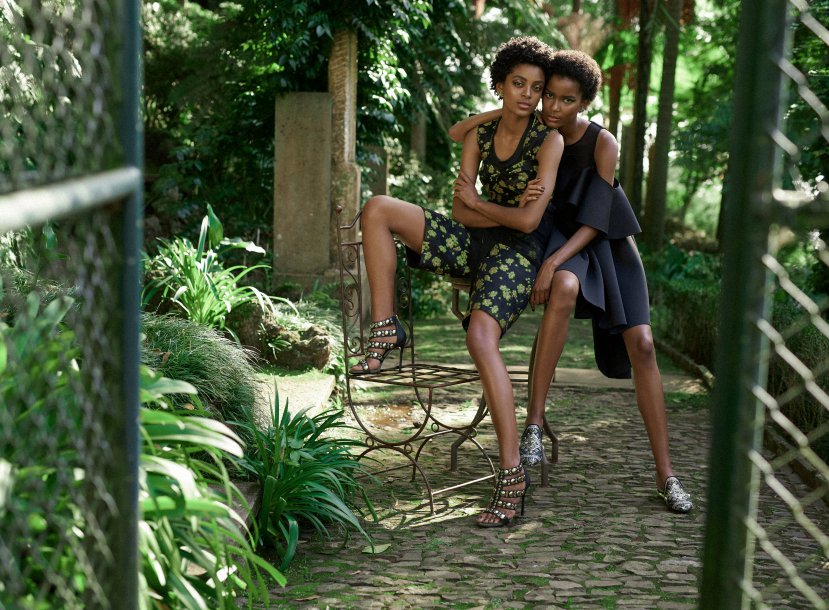The Portuguese companies are aware of the sustainability concern and there are already several good examples of innovative processes in the materials’ industry. Already thinking ahead, Portugal aims to be a worldwide leader in the development of sustainab
Advocate for the animals’ well-being. Fight against plastic. Reduce waste. Promote recycling. Decrease the carbon footprint… Is it possible to fulfill all these social and environmental responsibilities without compromising comfort, esthetics and design of a pair of shoes? The answer is: yes! According to the Action Plan of the Footwear Cluster for Sustainability, a partnership between APICCAPS and Footwear Technology Centre of Portugal, it is possible through three main axes: Planet; People; and Companies.
Therefore, environmental issues are making a great difference in the Portuguese footwear industry. Sustainable footwear brands are currently being more sought-after than ever before. A study from Nielson Global has concluded that 66% of consumers are available for paying more for a sustainable product and, according to the trend, this percentage is expected to increase in the next few years.
In partnership with several Research & Development institutions, there are already some undergoing studies about new products and technologies, from modelling tools that allow the creations of products that will improve the quality of life of the costumers, solutions for the use of recycled materials and even the creation of collaborative platforms and advanced solutions to monitor the digital presence of the sector.
Following modernity
This is the new paradigm of the Portuguese footwear companies, that have been innovating their products, materials and components by implementing new processes and equipment, without ever jeopardizing design. Nowadays, there are several brands in the market with 100% vegan, biodegradable footwear made with recycled plastic, or by simply using leather, as the only raw material, showing that the footwear industry can be a showcase for the reduction, reuse and recycling waste and materials.
Within the domain of the circular economy, the Portuguese Leather Goods campaign follows modernity. Without excluding its origins – leather is the oldest and most traditional material in the footwear industry -, the Footwear Cluster is aware of its social and environmental responsibility. Therefore, the sector is reinventing itself, while taking in consideration the animals’ well-being and the products’ traceability.
Studies have shown that, with the increasing worldwide meat consumption, if the skin of the animals weren’t turned into leather, we would face the problem of having an estimate of 10 million tons of skin waste per year. This means that refuse the use of leather can be interpreted as supporting environmental pollution. In contrast, buying a pair of leather shoes can be interpreted as supporting recycling.
This reality doesn’t mean there’s no consciousness about the animals’ well-being since the animal is not killed for its skin. Besides that, with the technological evolution of the manufacturing processes and rigorous waste management actions, the leather had to fulfill strict environmental standards of "responsible origin”. Durability and resistance are two main added values of the leather footwear. Invest in natural leather shoes is investing in a product that will considerably last more time since its lifecycle will be much higher than other materials. Also, leather is not easily torn, is warm liquid’s proof and cushions the fall of small objects, which makes it very resistant.

